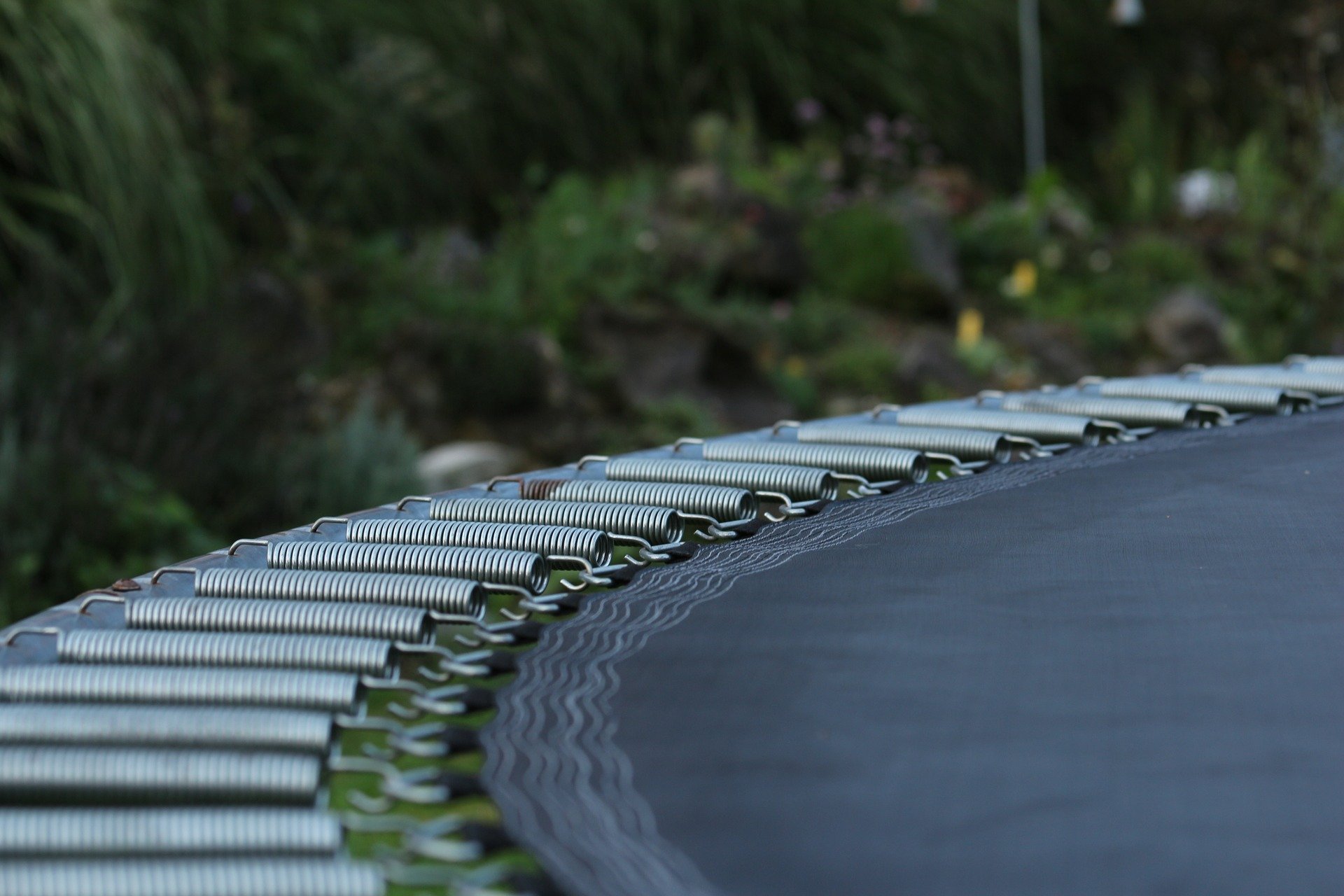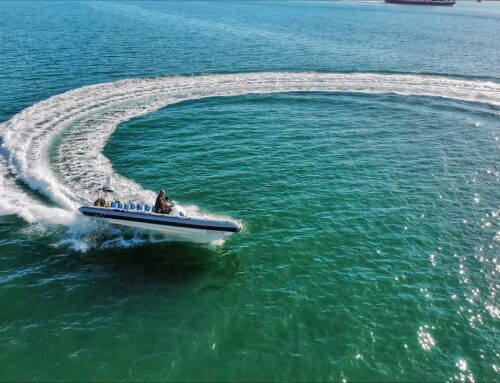With summertime upon us, and more people staying home due to the uncertainty of COVID-19, many will be looking for fun in their own backyard. Swimming pools and trampolines are two of the most popular way to have fun in the sun – but did you know that both could get you into legal trouble? These items could pose what is referred to as an “attractive nuisance” and endanger children.
What is an attractive nuisance? The attractive nuisance doctrine states that a property owner may be held liable for injuries to children trespassing on their land; if the injury is caused by an object that is likely to attract children over to the property. It is designed to protect children who are unable to discern the risk that the object represents. In addition to the aforementioned “fun” items, examples of attractive nuisances may include piles of sand, a hole in the ground, old appliances or cars on the property, or anything that may tempt a child to investigate.
What if the Children are Trespassing?
Children who trespass are not treated the same as their adult counterparts. Children under a certain age cannot be considered negligent in their behavior. (Although the age differs by state, it is typically approximately 7 years old.) Because the children cannot be held liable, the liability falls on the property owner.
An attractive nuisance exists if:
- A possibly dangerous condition exists on the property
- The danger was created or maintained by the property owner
- The property owner should have reasonably known the item would attract children
- The property should have reasonably known the item could harm children.
What Can Property Owners Do?
Property owners can reduce liability and protect themselves from a negligence charge by taking necessary precautions and minimizing the dangers these conditions or features may pose.
State and local statutes require homeowners to undertake reasonable precautions to protect the safety of people who may be on their property. When the trespassers are young children, liability will be judged based upon the situation. It will have to be proven that a reasonable individual could foresee a dangerous situation and failed to take preventative actions. Although there are no clear rules, attorneys understand that it often comes down to common sense. If someone is injured on your property and you did not build according to code, you will likely be found liable. Therefore making sure everything is up to code is a great protection.
For instance, Florida statutes require that a homeowner who installs a swimming pool must install proper barriers, and goes as far as to define what those barriers must be. The Swimming Pool Safety Act outlines the measures a homeowner must take to secure access to the pool and prohibit children from accidentally entering the water. For other attractive nuisance scenarios, a 6 foot fence around your property and a locked gate is typically considered reasonable effort to keep a child out. However, gates must be kept closed and locked, and access to your property blocked in order to minimize any liability should something occur.
If you believe your neighbor has an attractive nuisance on his or her property and you are concerned, first speak with them to try to resolve the situation. It is far preferable to deal with a condition before someone is harmed. However, if your child sustained an injury on a neighbor’s property and you feel they may be liable, call Probinsky & Cole for advice and consultation.








